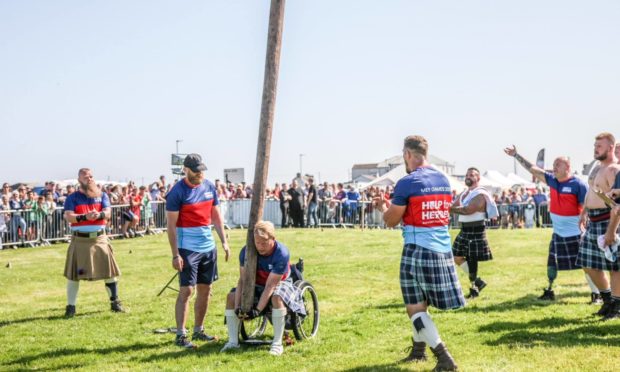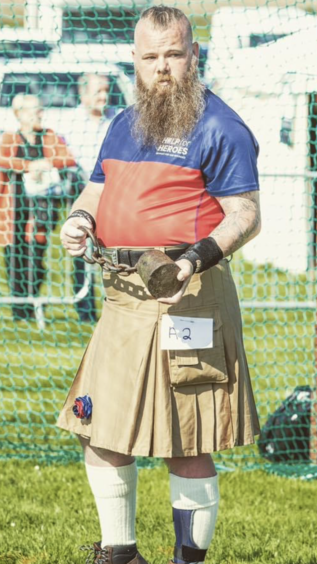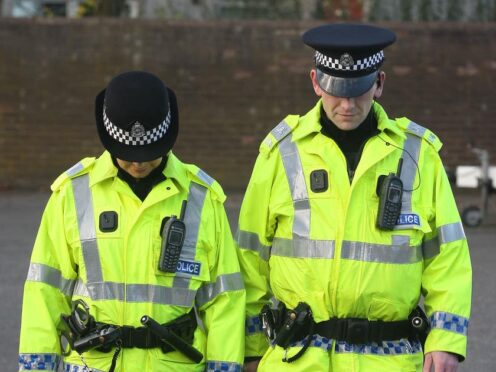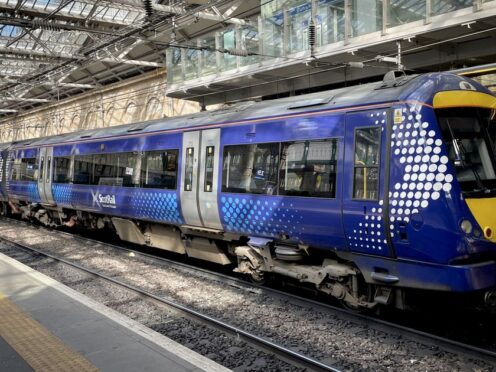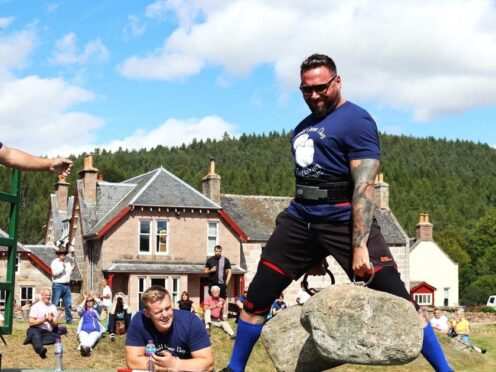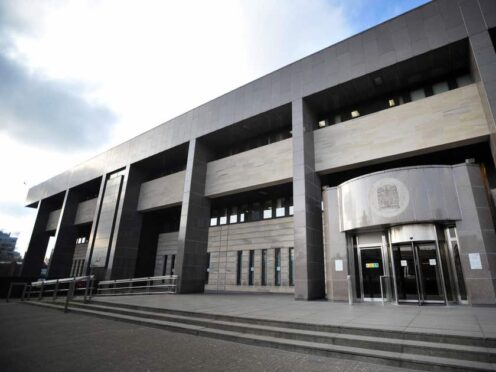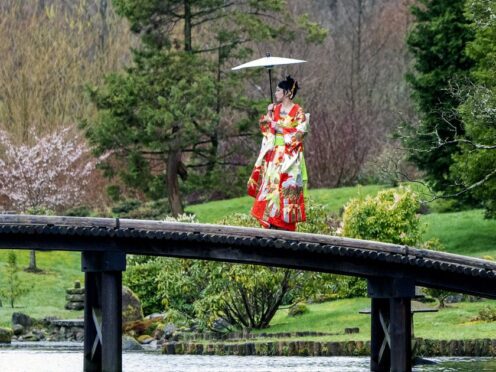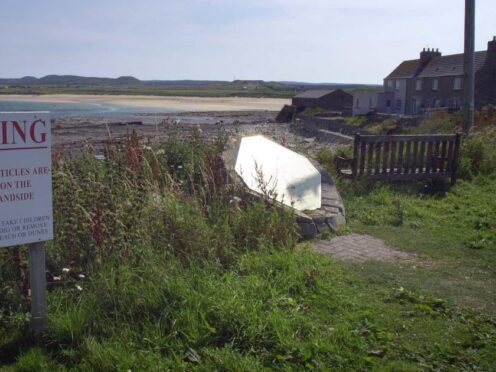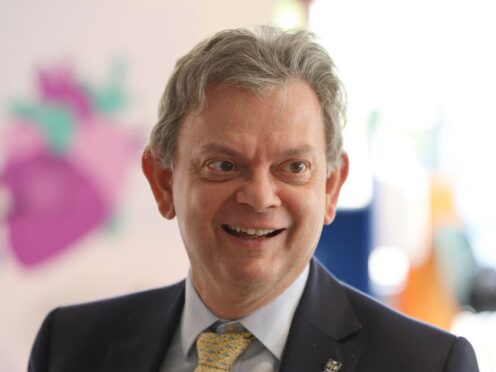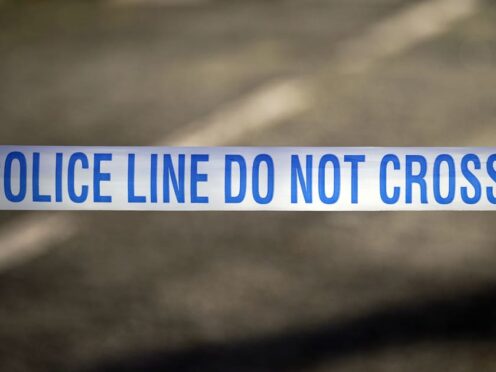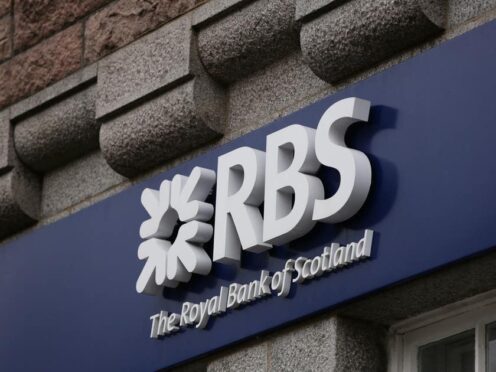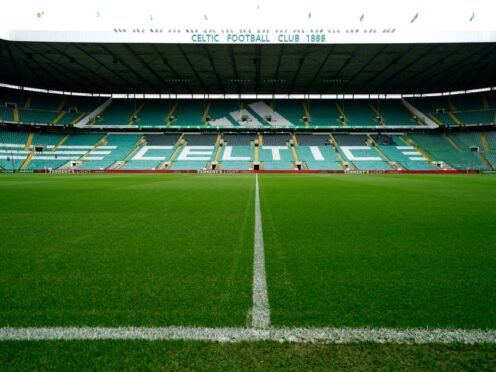Although Highland Games across Scotland have been cancelled this year, one injured armed forces veteran is using the hiatus to push for more inclusivity for disabled competitors when they return in 2021.
James Holburn, 39, was left with a serious leg injury and PTSD after his service in the Parachute Regiment.
The father-of-two took part in his first competition at the Mey Games in Caithness last year as part of the Help for Heroes charity’s team, alongside several other disabled athletes.
And now Mr Holburn has put together a new team, the Wounded Highlanders, composed of military veterans.
He and his comrades are now working together with the Scottish Highland Games Association (SHGA) in an effort to make competing in famous events such as tossing the caber more inclusive.
Mr Holburn said he hoped to persuade other games across Scotland to accommodate disabled competitors.
“I want them to open their doors and let disabled athletes in,” he said.
“It is a shame that this year’s games have had to be cancelled because of coronavirus, but it gives the organisers time to get organised for next year.
“It would give new life and more exposure to Highland Games.
“Amputees, people with brain injuries and others with mental health issues all took part in the Mey Games, and we smashed several games records.”
Mr Holburn said he had tried out various sports as part of the Help for Heroes sports recovery programme, and took part in the Invictus Games trials after being selected for the Warrior Games in 2016.
He said: “Then I got the call from Help for Heroes to do a Highland Games course, and got to take part in the Mey Games last year.
“Since then, I’ve been given the go-ahead to coach other people at grassroots level, and formed the Wounded Highlanders.”
Charlie Murray, the vice-president of the SHGA, spent two days at the Help for Heroes Phoenix House Recovery Centre in North Yorkshire last year helping teach veterans, including Mr Holburn, how to coach others in traditional Highland Games events.
Mr Murray said: “Being part of a team is so important to those who have served in the military and being part of the Highland Games family is a way of getting that feeling back.”
